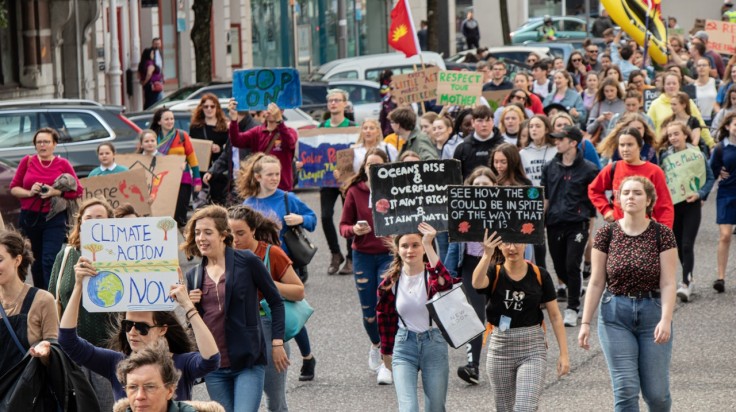
Skeptics of climate change may be a minority, but they are a significant minority. One in five Americans believe that climate change is a myth or that it is not the fault of humanity. However, many in the Middle East and parts of Asia, particularly China, are supporting them.
You may think the answer is more or better education in science. The more you learn about climate science, the more likely you are to believe that climate change is real. However, science suggests that this is not true. When you want to guess what people's response to climate change is, it's easier than science to ask them about their policies.
Greater publicity is really what climate science needs. Scientists might think that the science itself is selling. But, while people are usually able to trust scientists, the picture is more complicated when it comes to politically charged issues like climate change. With many politicians deliberately persuading people that science is not so bad, we need to convince people that these politicians are wrong and that the climate scientists are right.
Consider about the presentation of climate change. Typically we are asked what we can do as people, companies, and states to reduce the carbon emissions that inevitably but imperceptibly heat up the planet. Given that these emissions have guided the development of the global economy in the last century, this argument can sometimes be seen as pitting science against free-market economies and our desire to lead our lives as we choose.
Debunks on climate myths are circulating on the internet. Yet debunking misinformation is tricky because it is difficult to dislodge it once someone's mind has entered a piece of information-especially if the information confirms previously held beliefs.
Not everyone can be met by Alexandria Ocasio-Cortez and Greta Thunberg. But more and more conservative politicians are taking action on climate change. It's awesome that progressives like Greta Thunberg spread the word, but not everyone wants to listen to them, and the same message is conveyed by politically diverse communities out there.
Barack Obama, for example, reached out to religious leaders when he was president. He played an active role in addressing environmental issues in their communities. It's dishonest to sell. It can try to make us purchase things that we don't want. So it might seem sinister to use it to market climate science and mess with our fundamental right to make up our own minds.
But it is important to remember that while climate change is a contentious political issue, it has real and serious consequences, regardless of what you or anyone else thinks. In the face of a destabilizing climate, we have the right to decide whether or not to change our actions. But we have no right to decide if our activities have no climate impact.
Good marketing is not a sales guarantee. Even if these approaches are used by scientists, climate change skeptics will refuse to buy them. Nonetheless, big advertisers also don't give up. If we don't suit these methods, we can always look for more.
© 2025 University Herald, All rights reserved. Do not reproduce without permission.








